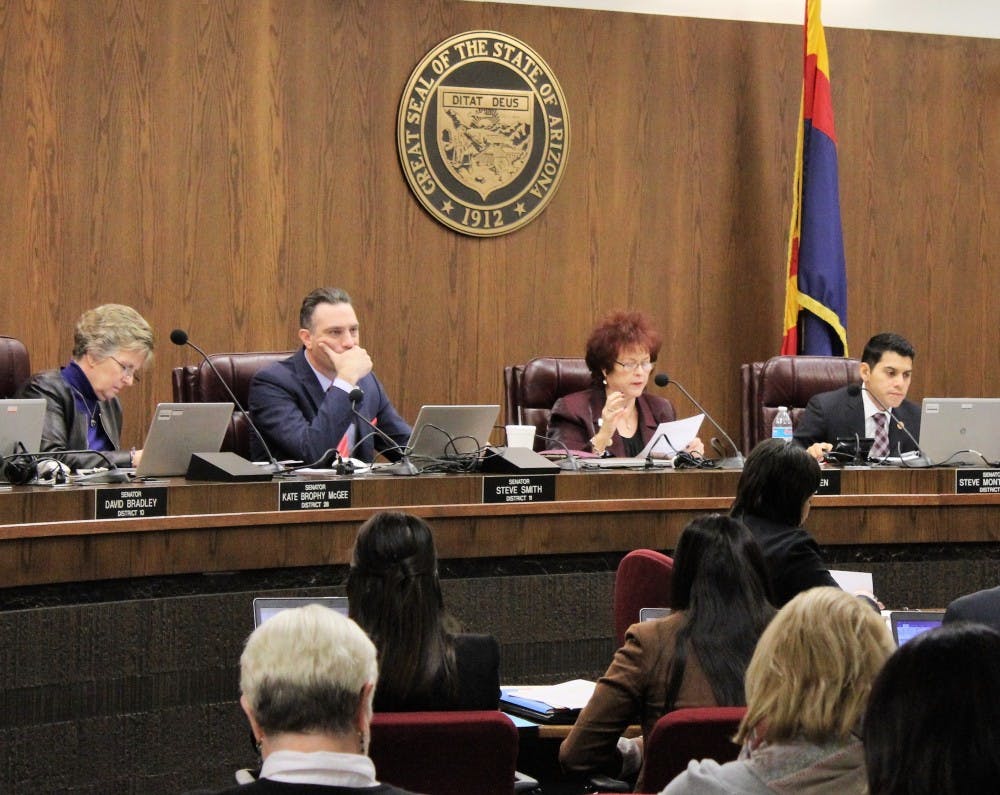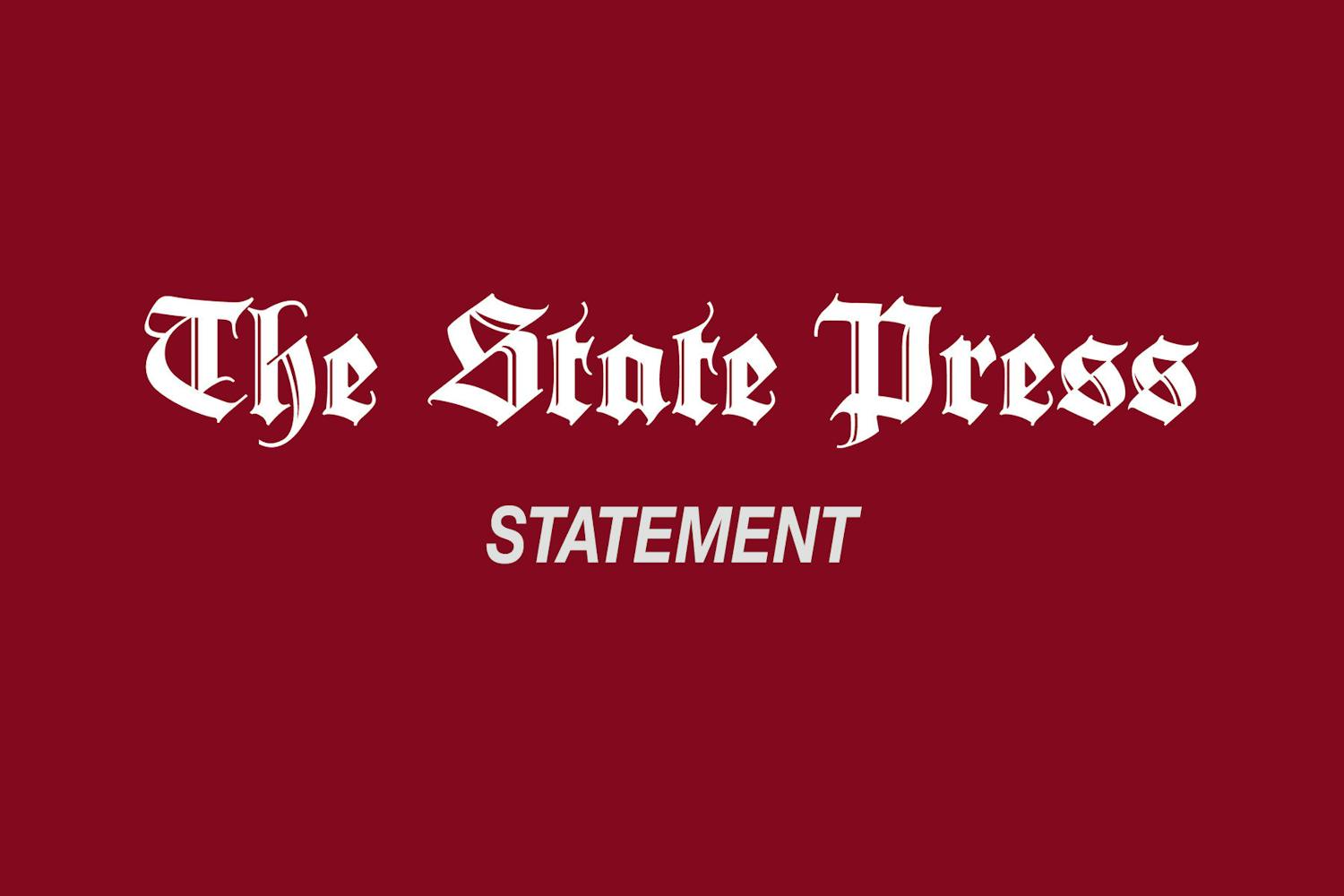The U.S. Senate voted to revoke regulations on the Every Student Succeeds Act on March 9., and the act is receiving mixed reviews from ASU professors, students and state lawmakers.
The ESSA was an Obama-era federal regulation that outlined how states should hold schools accountable for student performance and was determined as a better way for assessing situations in underperforming schools. The bill was signed by former President Barack Obama on Dec. 10, 2015.
Under the ESSA, students would take standardized tests in areas such as math and reading to report on their growth. Schools would also have to monitor the performance of groups such as non-English speakers.
Each of the regulations were meant to clarify how states should identify struggling schools. It also mapped out state intervention for underperforming schools.
“Congress has passed a joint resolution to repeal those (ESSA regulations),” Sherman Dorn said, a professor and division director at the ASU Mary Lou Fulton Teachers College. Dorn said the only other a time a joint resolution repeal was used was in 2001.
The ESSA heavily weighed the performance of schools on test scores and graduation rates. Some of the provisions had nationwide schools test at least 95 percent of their students and required specific information to be printed out on annual report cards.
“It’s basically a nuclear weapon on regulation,” Dorn said. “The joint congressional resolution wipes out a very complicated regulation that deals with accountability.”
Now, after the recent repeal of the legislation a lot of the standards in K-12 schools are set by the states themselves.
“States are going to be given a lot more leeway under Trump,” Dorn said. “It leaves a void and there are a lot of areas where the government needs to clarify.”
Sen. Kate Brophy McGee (R-Paradise Valley), said this is a big subject area, but it takes time for federal policies to filter down to the state level.
“Policies are more effective when enacted locally or at the level closest to the problem you are trying to solve,” McGee said. “If you passed a law including funding from the national level, unless they engaged with local education entities, we’d not see any progress for months, if not years."
McGee said Arizona has great schools and districts, which are actively engaged at a local level.
“Federal efforts to assist may well wind up as an added layering-on of regulation that does not take into account what is happening or what is needed at the local level, and actually slow things down,” McGee said.
Case Smith, a USGD Barrett, the Honors College senator, said he understands why the government chose to repeal the regulation, but he feels like certain guidelines are needed for students to succeed.
“The deregulation of education is not successful, everyone needs a plan,” Smith said. “These are students who are already struggling, without accountability I don’t know how they would succeed.”
Reach the reporter at Victor.ren@asu.edu and follow @MrVictorRen on Twitter.
Like The State Press on Facebook and follow @statepress on Twitter.




